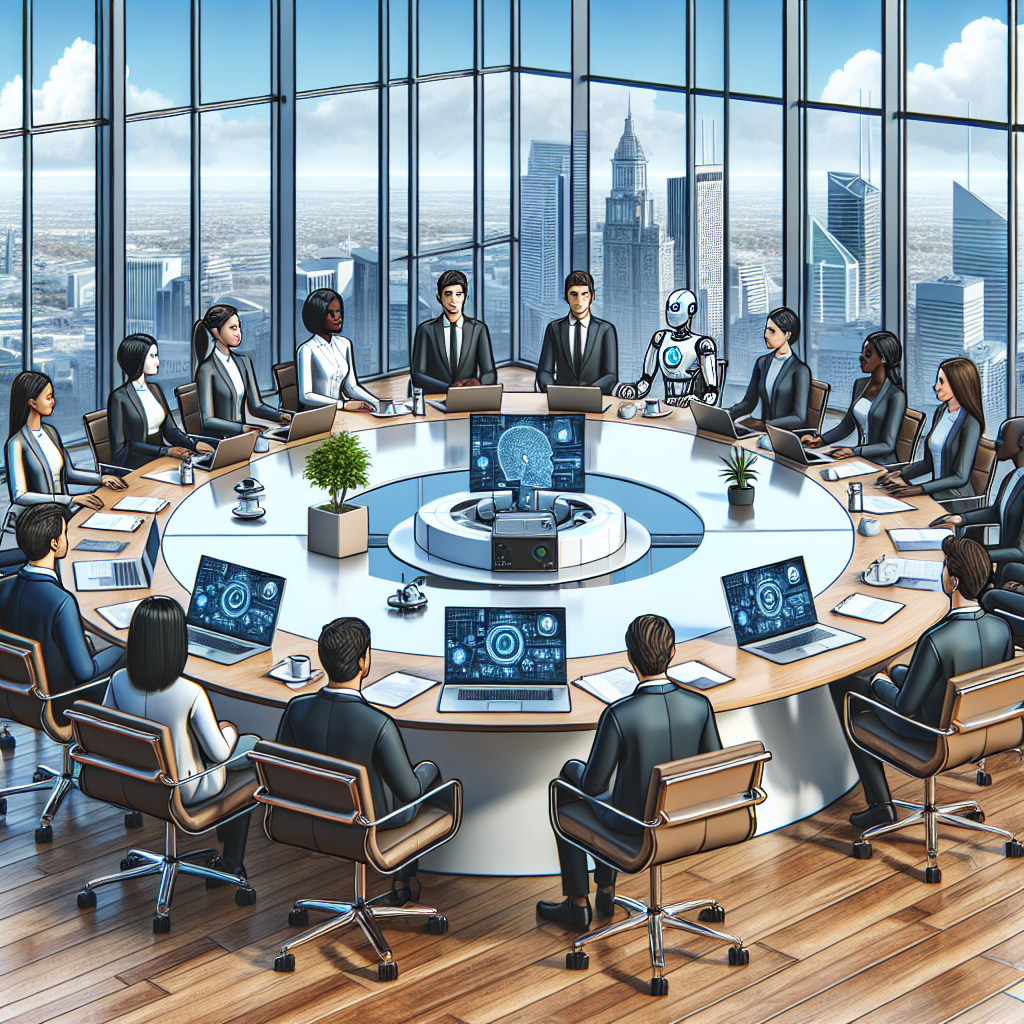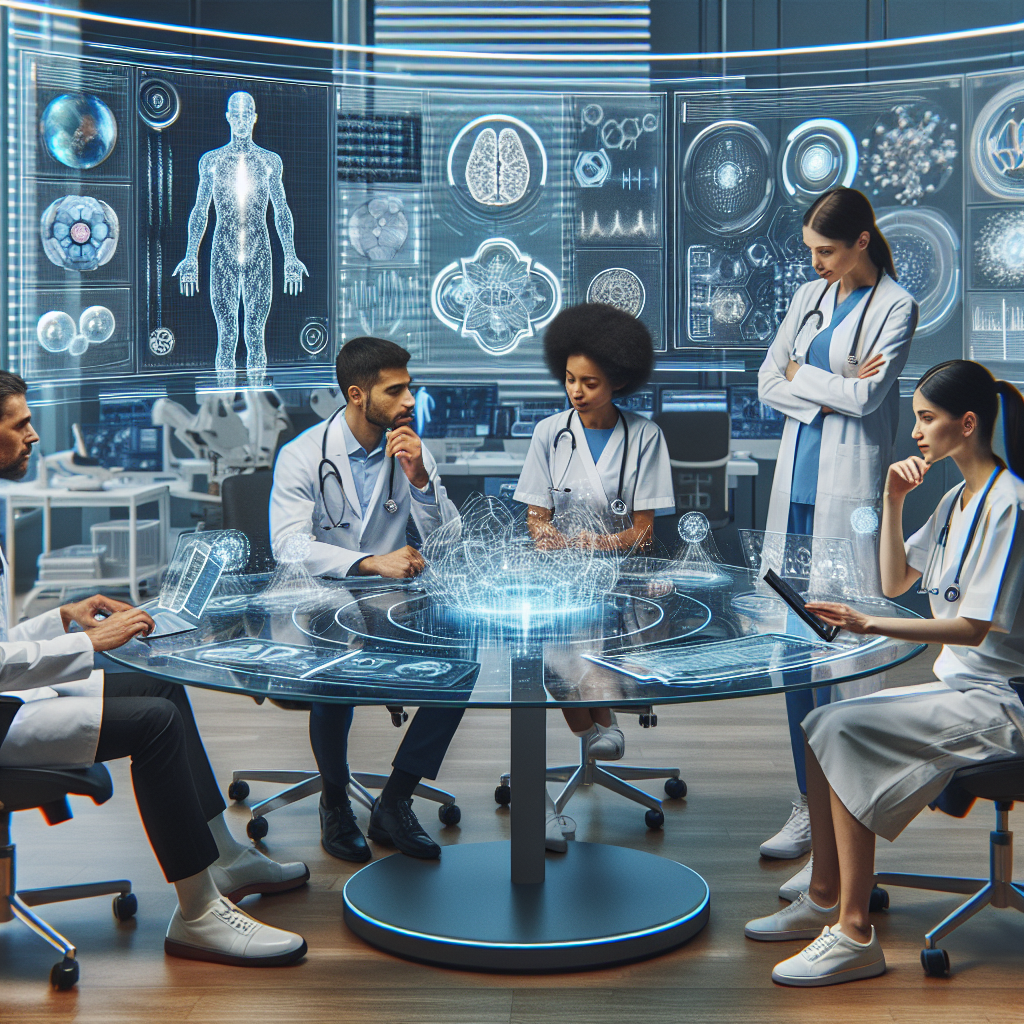In a significant move that underscores the burgeoning influence of Artificial Intelligence (AI) on the global cultural landscape, the renowned 71-year-old BBC Symphony Orchestra recently performed a concert featuring compositions perfected by AI technology. This landmark event, entitled “AI: More than Human”, was part of the prestigious Barbican’s season program in London, which aims to explore the interaction between human creativity and AI.
By employing AI, the orchestra enhanced pieces by legendary composers such as Beethoven and Mahler, presenting a fusion of classical mastery and modern technological innovation. This initiative not only reinterprets esteemed musical works but also propels the classical music tradition into a new era, demonstrating AI’s potential as a tool for augmenting human creativity rather than replacing it.
The utilization of AI in refining and performing these works raises intriguing questions about the future of creative industries and the role of human skill in the digital age. Specifically, the AI technology employed by the BBC Symphony Orchestra analyzed and processed large volumes of music data to make subtle adjustments that a human ear might miss, thereby enriching the orchestral arrangements.
Moreover, the collaboration between AI and human performers has garnered attention from music theorists and technologists alike, who are keen to understand how AI might further contribute to creative arts. For instance, AI’s ability to process and learn from vast datasets can offer new insights into classical compositions, potentially leading to novel interpretations that remain respectful of the original pieces’ essence.
This event at the Barbican is indicative of a broader trend in the arts, where technological advancements are increasingly integrated into traditional forms, whether to reach new audiences or to explore new artistic frontiers. For the music industry, AI’s involvement could lead to more such experimental endeavors, which might redefine the boundaries between technology and human artistry.
Critics and purists, however, express some reservations, questioning whether AI involvement might diminish the personal, emotive connection that composers and musicians establish with their audience. Despite these concerns, the successful reception of the BBC Symphony Orchestra’s recent concert suggests that public and artistic communities are open to exploring and accepting these new technological integrations within cultural expressions.
As AI continues to evolve, its impact on industries across the spectrum will likely intensify, challenging traditional norms and encouraging innovation. The intersection of AI and music, as demonstrated by this event, not only highlights the potential for technological aids in artistic enhancement but also sets the stage for ongoing debates about the balance between human and machine in the creative process.



